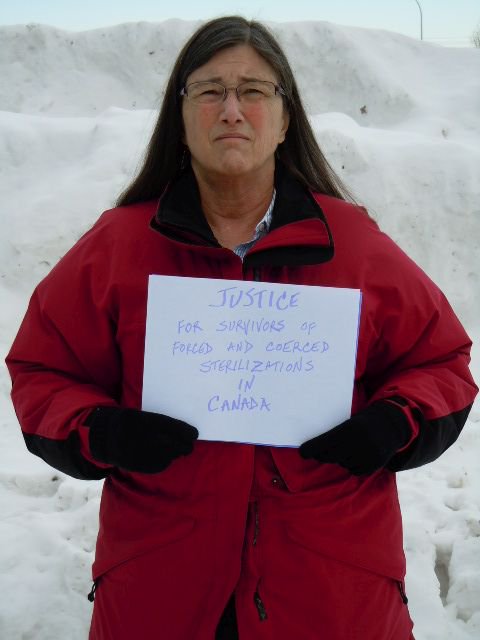
OTTAWA — An international rights group urged the federal government Friday to finally break its silence and loudly and specifically speak out against Saudi Arabia for jailing women who have been fighting for rights in their country.
Canada was one of three dozen countries that jointly signed a United Nations Human Rights Council statement this week condemning Saudi Arabia for arresting 10 mainly female activists jailed as part of an ongoing crackdown on rights advocates in the kingdom.
Canada did speak out against Saudi Arabia for jailing female activists last summer — statements that led to economic consequences and diplomatic tensions between the two countries.
However, Canada has been muted in its calls for action since then, says Jacqueline Hansen, Amnesty International Canada’s gender rights campaigner.
“We are so grateful that Canada did speak out, but we want to see Canada continuing to speak out, and speaking out with specificity,” Hansen said.
She pointed to a statement issued by Foreign Affairs Minister Chrystia Freeland on Friday recognizing International Women’s Day, in which she said Canada ”will always stand up for human rights — very much including women’s rights — even when speaking up has consequences.”
The Saudi prisoners face serious consequences for speaking out, Hansen said, which is why more targeted messaging condemning their treatment is needed.
“We need more public outcry about this from Canada and from other governments. We need it to be specific, not just saying, ‘We support women’s rights,’ but to talk about the rights that these women are defending and to talk about what we need to do to advocate for their release.”
Canada and Saudi Arabia became embroiled in a diplomatic spat after tweets last August from Freeland, her department, and the Canadian embassy in Saudi Arabia expressed concerns about the arrests of activists in the kingdom and called for their immediate release.
The kingdom ordered Canada’s ambassador, Dennis Horak, to leave the country and called the use of the words “immediately release” in Canada’s tweet “unfortunate, reprehensible, and unacceptable in relations between states.”
The kingdom also suspended scholarships for Saudi students in Canada and sanctioned Canadian business interests.
Freeland defended Canada’s position, citing her government’s dedication to standing up for women’s rights at home and abroad. A few months later, Freeland condemned the killing of journalist Jamal Khashoggi, which Saudi Arabia confirmed took place in its consulate in Istanbul.
Canada later announced sanctions against 17 Saudi nationals linked to the killing.
At the same time, the Liberals have faced pressure to end a $15-billion Saudi arms deal that includes providing armoured vehicles to the kingdom. Prime Minister Justin Trudeau has expressed concern over killing the estimated $1 billion contract and has raised the spectre of job losses at the General Dynamics factory in Ontario, which is contracted to build the military vehicles.
Amnesty International has been working with the families of the jailed activists and recently received consent from family members and the activists themselves to mount a more vocal campaign calling for their release.
The need for action has intensified after reports, including from a multi-party panel of MPs in the U.K., the detained women have endured conditions in prison that meet the threshold of torture under international and Saudi law.
If the Trudeau government is dedicated to forwarding its international feminist agenda, it must continue to call for these women to be released, Amnesty International Canada says.
“Canada has signed international human rights instruments, we’re part of the international community. We can’t just sit by and not say anything when these things happen. To have a feminist foreign policy means you need to be taking actions in a feminist way,” Hansen said.
“If everybody in the world says, ‘This is terrible’ once and then stops doing anything, nothing will happen. So it really is about sustaining that pressure on authorities to release them.”
In the meantime, the human-rights organization hopes Canada will echo calls for Saudi Arabia to allow an independent investigation into reports the female prisoners have been tortured.